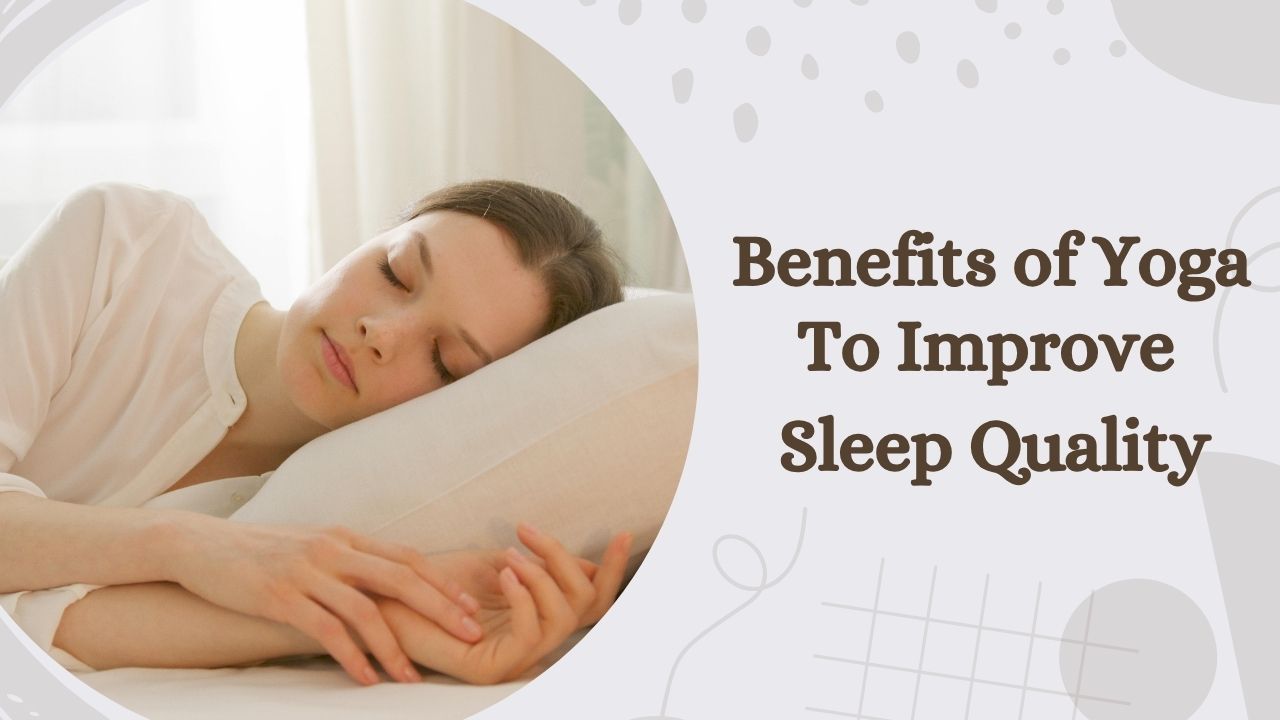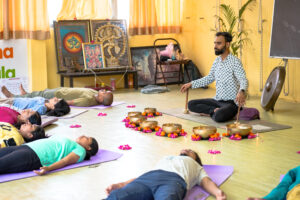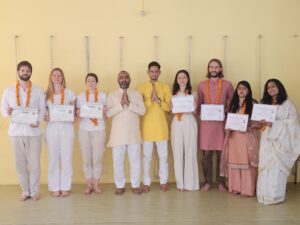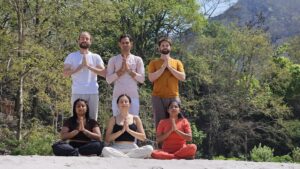With the constant demands of modern life, getting a full night of restful sleep has become increasingly uncommon. Yet its importance can’t be overstated—adequate, restorative sleep supports mood, cognition, immunity, metabolism, and more. Surprisingly, about one in three adults fail to get the recommended seven hours of sleep each night, affecting their overall health and well-being. As many turn to natural remedies, yoga emerges not just as physical exercise, but as a holistic practice that addresses both mind and body to promote better sleep.
The Evidence: Yoga’s Impact on Sleep
Research underscores yoga’s potential in elevating sleep quality:
- More than half of individuals who practice yoga say it helps them sleep better, while a significant 85% notice a drop in their stress levels.
- Elderly individuals incorporating yoga into their daily routine showed marked improvements in both sleep quality and overall quality of life after several weeks.
- Women—including pregnant, menopausal, and those with breast cancer—reap significant sleep benefits, with reduced disturbances and enhanced restfulness
- Gentle stretching and moderate exercise, yoga-style, have helped people with insomnia by decreasing awakenings, shortening time to fall asleep, and boosting sleep efficiency
- In those with restless leg syndrome (RLS), eight weeks of yoga training led to notable symptom relief and better sleep and mood.
These compelling data clearly show yoga isn’t just gentle stretching—it’s a viable intervention for sleep enhancement across diverse groups.
Also Read: How Evening Yoga Routines Can Transform Your Sleep Cycle
What Makes Yoga So Effective for Sleep
- Activates the Relaxation Response
Yoga activates the body’s calming parasympathetic nervous system, helping to lower stress hormones such as cortisol and move the mind and body out of a high-alert ‘fight or flight’ mode. - Enhances Sleep-Promoting Neurochemistry
Mindful breathing and movement elevate melatonin and GABA levels—neurotransmitters that calm the brain and induce sleep. - Reduces Hyperarousal
Yoga’s mindfulness component lowers mental hyperactivity and nighttime disruptions, especially beneficial for insomniacs. - Improves Physical Tension
Postures and breathwork relieve muscle tension and discomfort, easing physical barriers to sleep, like back pain or tight shoulders. - Supports Healthy Weight & Mood
By encouraging movement and stress reduction, yoga aids weight management, mood stabilization, and mental well-being—all tied to better sleep.
Also Read: From Stress to Serenity: The Health Benefits of Practicing Yoga
Yoga for Different Sleep Challenges
Insomnia
Insomnia, characterized by trouble falling asleep or staying asleep through the night, often leads to fatigue, irritability, and reduced focus during the day. Yoga has proven beneficial in managing chronic insomnia, especially in postmenopausal women and breast-cancer survivors.
Restless Leg Syndrome (RLS)
RLS causes uncomfortable urges to move the legs, often worsening at night. One pilot study found yoga significantly eased symptoms over eight weeks, while also improving sleep and mood.
Age & Hormonal Transitions
- Children with Autism Spectrum Disorder: Yoga reduces stress and supports family well-being.
- Pregnant & Menopausal Women: Yoga improves sleep and mental health, lowering prenatal anxiety and reducing hormonal disruptions.
- Elderly Adults: For older adults, maintaining a consistent yoga practice has been shown to improve overall well-being and promote deeper, more restful sleep.
Optimal Practice: Frequency & Timing
- Consistency Matters: While occasional sessions help, the greatest gains come from regular, sustained practice.
- Timing Tips: Gentle yoga is ideal in the evening. Vigorous activity should end at least 3 hours before bedtime to avoid interfering with core temperature and cortisol levels.
- Morning Exercise: Even morning yoga boosts sleep duration and daytime alertness.
Also Read: Simple Ways to Integrate Yoga into Daily Life
Bedtime Yoga Sequence: 6 Poses & Practices
| Pose/Practice | Benefits |
|---|---|
| Child’s Pose (Balasana) | Relieves spinal/back tension |
| Legs-Up-the-Wall (Viparita Karani) | Calms the nervous system, prevents leg fatigue |
| Reclining Bound Angle (Supta Baddha Konasana) | Opens hips, encourages mental stillness |
| Seated Forward Bend (Paschimottanasana) | Relaxes spine, stimulates parasympathetic system |
| Corpse Pose (Savasana) | Full-body relaxation, mental integration |
| Yoga Nidra (Guided Yoga Sleep) | Leads to hypnagogic state; quick onset of deep relaxation |
Supporting Techniques
- Breathing Practices
- Alternate Nostril Breathing (Nadi Shodhana): balances mind-body rhythms.
- Ocean Breath (Ujjayi): generates warmth and mental calm.
- Visama Vritti (4:6 breathing): slows heart rate and nervous system.
- Meditation & Mindfulness
- Simple guided meditations or body scans reset hyperactive thought cycles.
- Focused awareness cultivates mental peace and release.
- Sleep-Friendly Environment
- Dim lighting, soft temperature, soothing scents, and quiet audio foster readiness.
- Warm baths and gentle pre-sleep routines cue the body for rest.
Also Read: Calm Your Mind, Change Your Life: The Benefits of Daily Meditation
Yoga’s unique integration of mindful movement, breathwork, and relaxation offers a powerful, drug-free strategy to enhance sleep. Across ages and conditions—whether upfront tension, hormonal imbalance, or chronic stress—yoga helps shift the body into a restorative state. With regular, gentle evening practices and mindfulness, it’s a graceful path toward deep, peaceful slumber.
Curious to explore bedtime yoga? Begin with 15 minutes of gentle poses and breathing before bed. Add yoga nidra once a week, and adjust as you sense improvements. You can also try guided sleep-yoga videos or classes focused on relaxation. For deeper immersion, consider joining a local restorative yoga class or diving into a yoga nidra workshop organised by Upasana Yogshala, the best yoga teacher training school in Rishikesh. We helped more than 100 candidates suffering from insomnia with our 15 days yoga retreat program and 200 hours yoga teacher training course, which covers yoga philosophy, anatomy, yoga asanas, and many more topics, thus providing deep knowledge to the candidates and helping them treat their problems.
Your journey to better sleep—and wellness—can start tonight. Register now!




